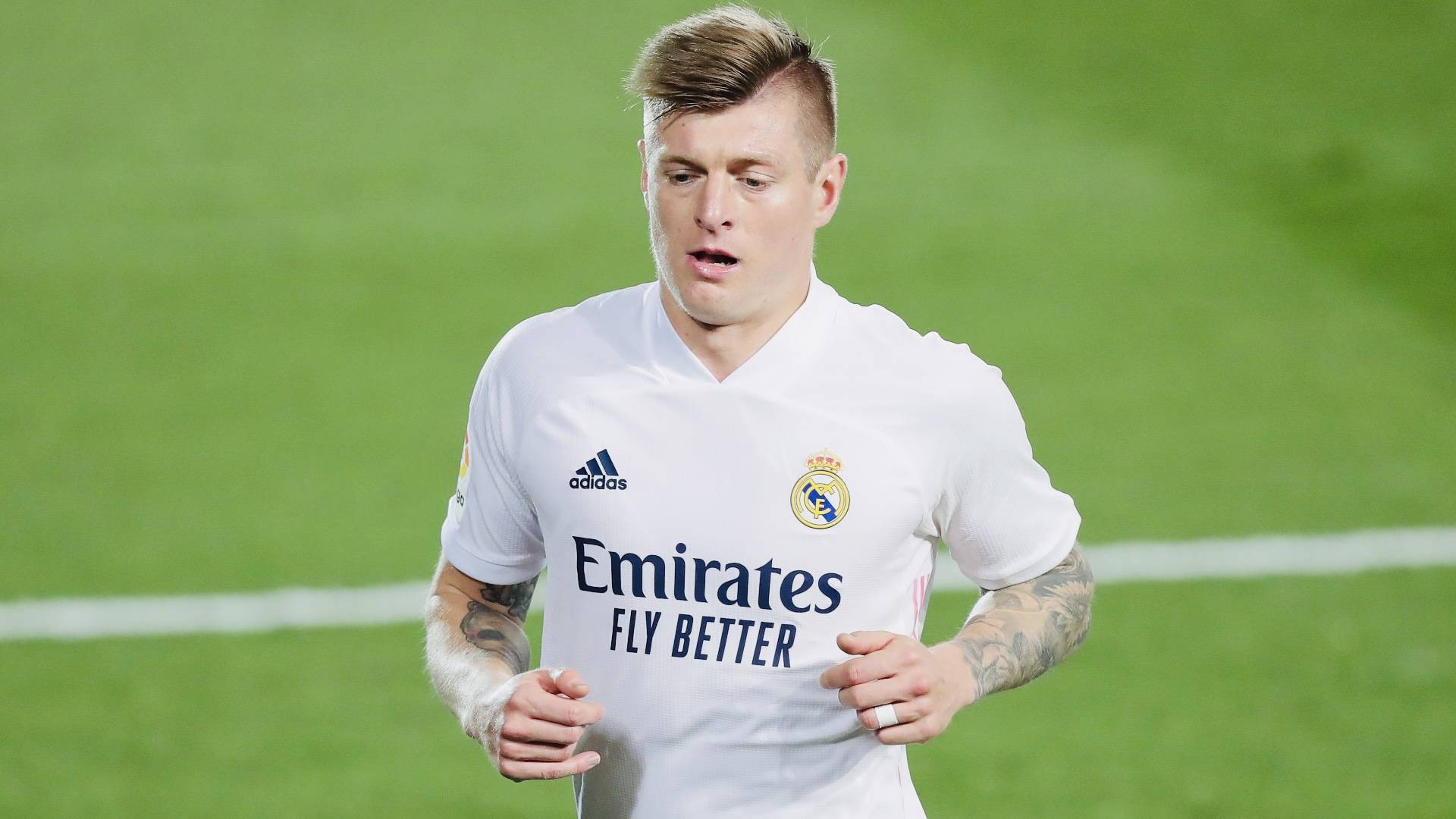The UEFA Referees Committee recently acknowledged that a penalty should have been given in situations similar to the Germany vs. Spain match, where a controversial handball incident involving Marc Cucurella went unpunished. This decision marks a change in UEFA’s interpretation of the rules concerning handball offenses, and it’s one that has sparked significant reactions from key figures in football. One of the most notable reactions came from Toni Kroos, the celebrated German midfielder and a veteran of the game.
Kroos did not hold back in expressing his thoughts on the delayed acknowledgment by UEFA. Speaking about the incident and UEFA's new stance, he pointed out the absurdity of how long it took the organization to recognize what many football fans and players had identified almost immediately. “It took them three months to realize it was a handball, something that almost everyone saw in just a second,†Kroos remarked, highlighting the disconnect between the officials and the real-time experiences of those watching and participating in the game.
The delay in addressing such decisions can have a profound impact on the outcomes of matches and, in some cases, entire tournaments. In this instance, had the handball been called during the match, it could have altered the course of the game and possibly the trajectory of both teams' progress in the competition. Yet, as Kroos noted, no amount of retroactive admissions can change the past. His frustration was further evident in his sarcastic tone when he said, “Thank you, it wasn’t that big of a deal,†with an ironic twist, making it clear that while UEFA's admission is appreciated, it comes far too late to make any real difference.
Kroos then posed a rhetorical question, one that cuts to the heart of the issue of fairness and retrospective justice in football. "Can I proclaim myself European champion now that they’ve officially said it was a mistake?" he asked, knowing full well the answer. The irony of the situation is that while UEFA’s acknowledgment is significant in principle, it holds no practical value. Even though the error is now officially recognized, it doesn’t change the fact that the game’s result is set in stone, and no trophies or titles will be re-awarded based on this new understanding.
This situation raises broader questions about the effectiveness of VAR (Video Assistant Referee) and the decision-making process in football officiating. If it took UEFA three months to admit to an error that seemed obvious to players and fans in real-time, it begs the question of how many other mistakes may be slipping through the cracks. Additionally, it calls into question how such decisions might be handled more efficiently in the future to avoid similar controversies.
Kroos’ remarks reflect the frustrations that many players and fans feel about the current state of football officiating. The introduction of VAR was meant to provide clarity and reduce errors, but incidents like the Cucurella handball show that there is still a long way to go. While UEFA’s new rules regarding handball are a step in the right direction, it’s clear from Kroos’ reaction that more needs to be done to ensure that critical decisions are made correctly and in a timely manner.
In the end, Toni Kroos’ comments serve as a reminder of the human element in football – both in terms of the players and the referees. Mistakes will happen, but the goal should always be to minimize their impact on the outcome of the game. For now, however, UEFA’s admission comes as little consolation to those, like Kroos, who were directly affected by the error.




No comments yet
Be the first to share your thoughts!